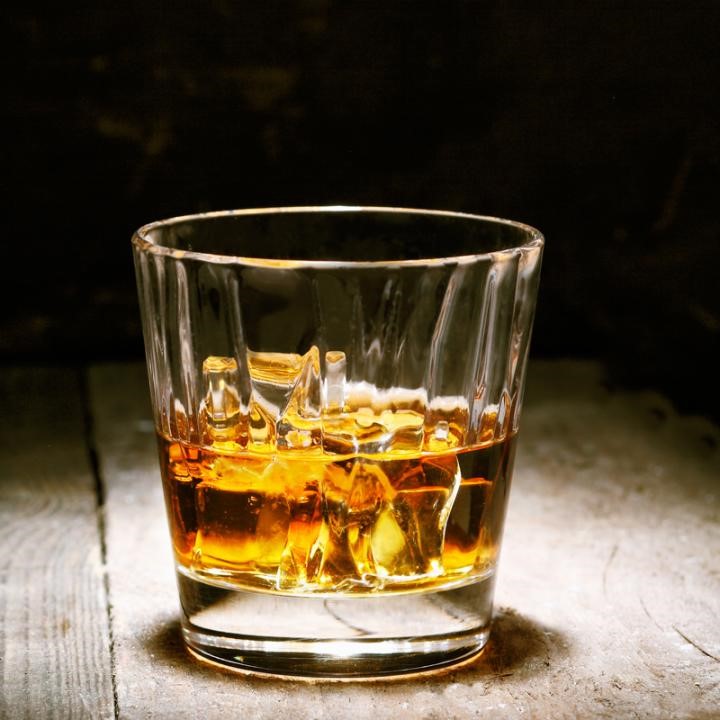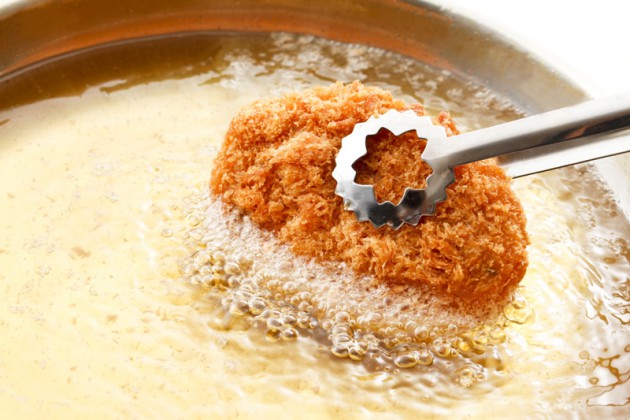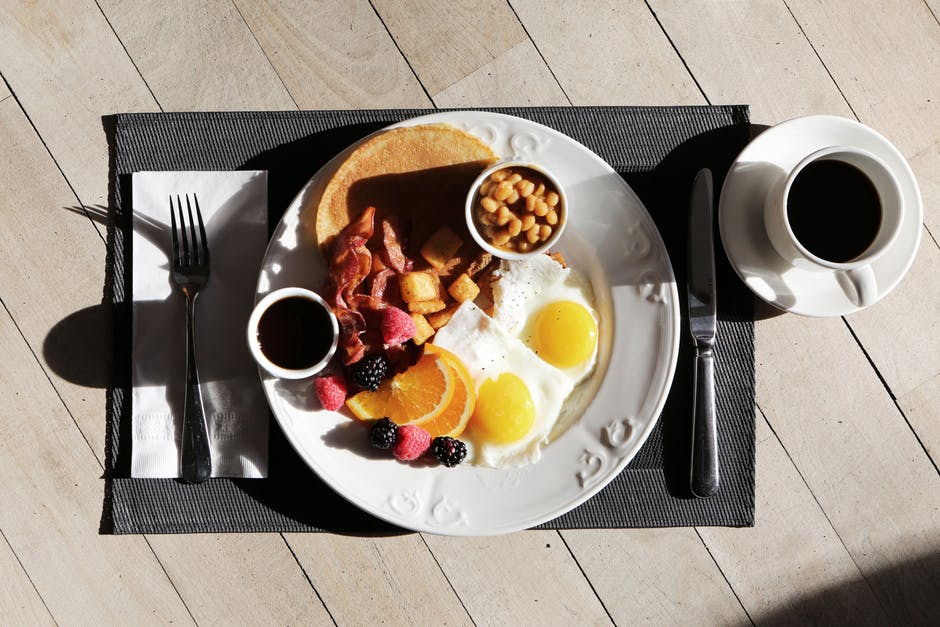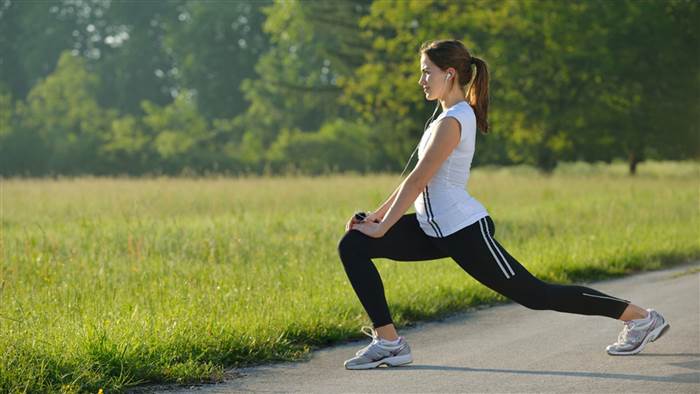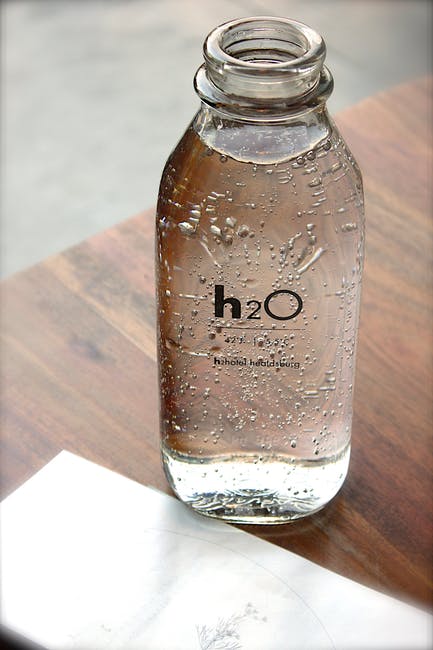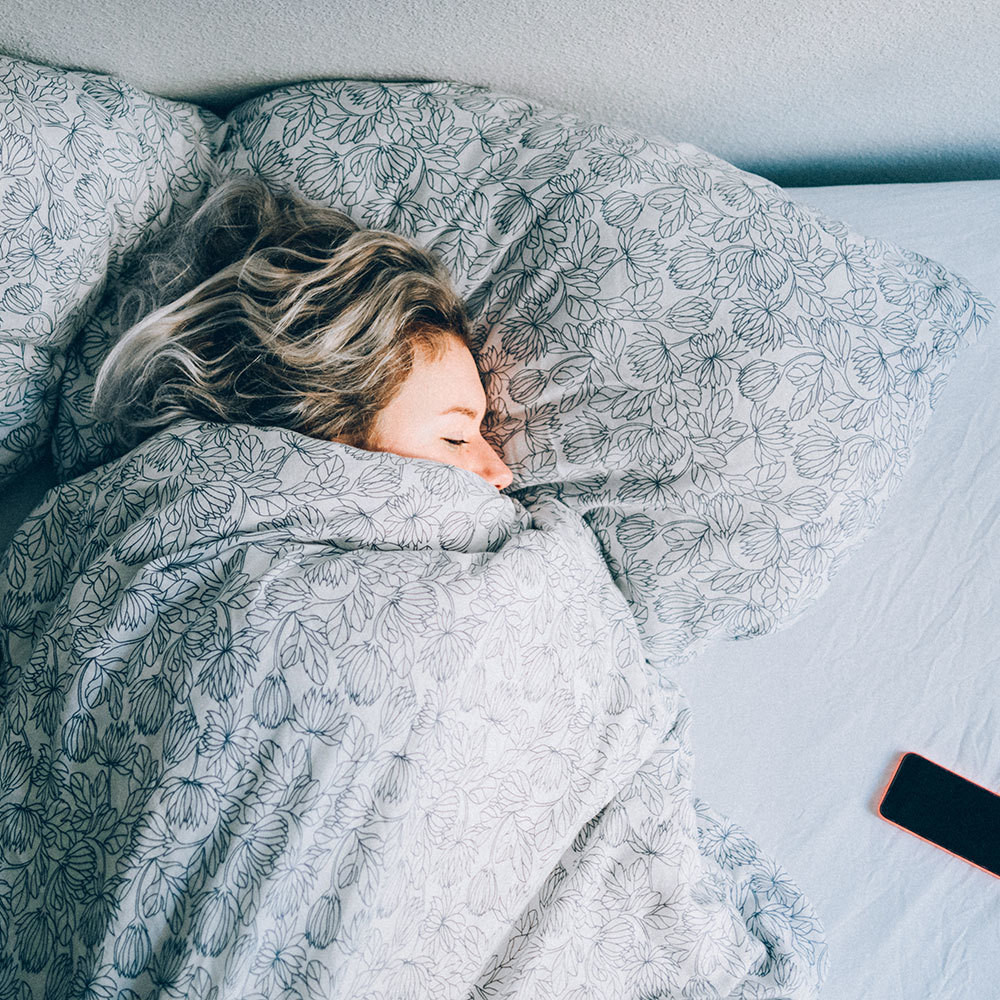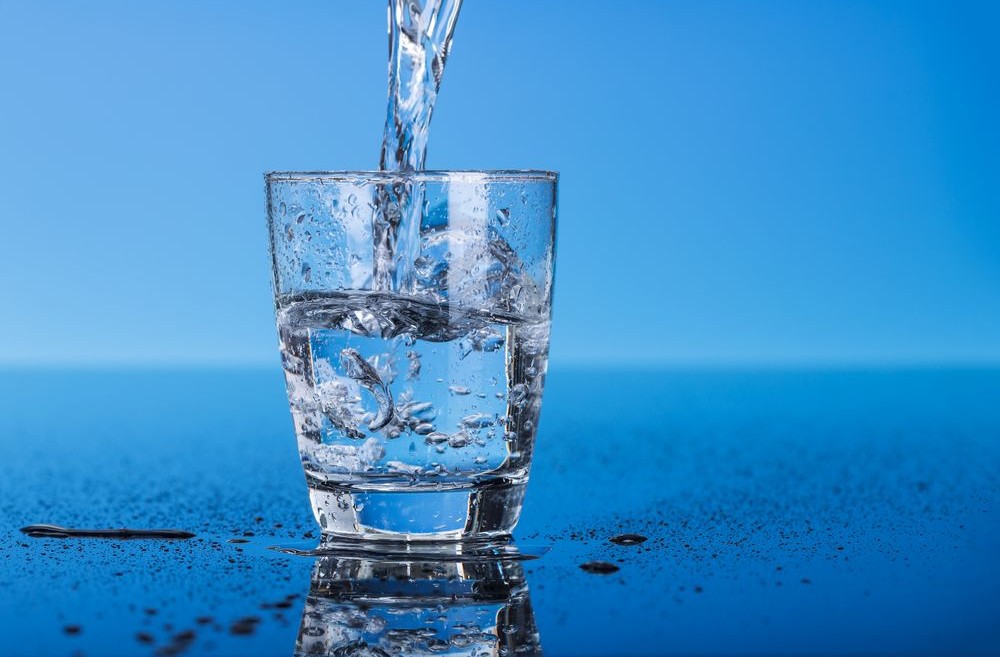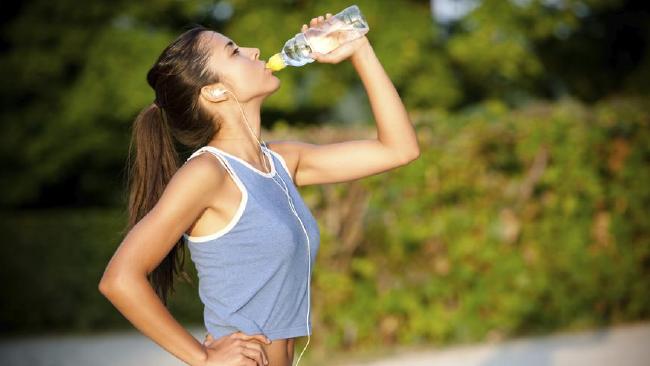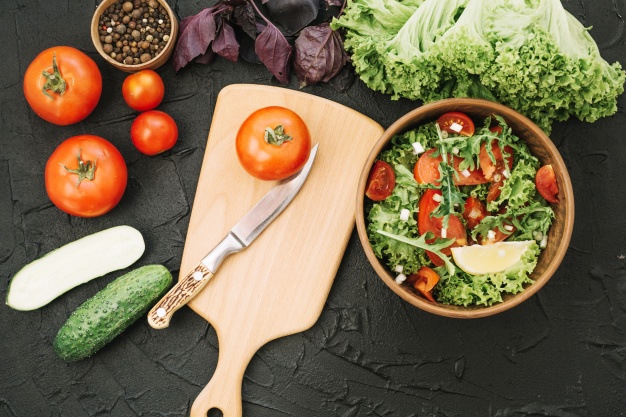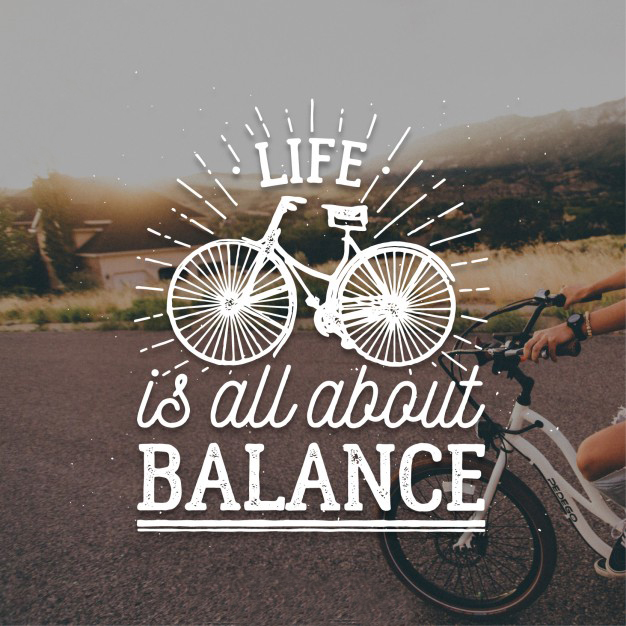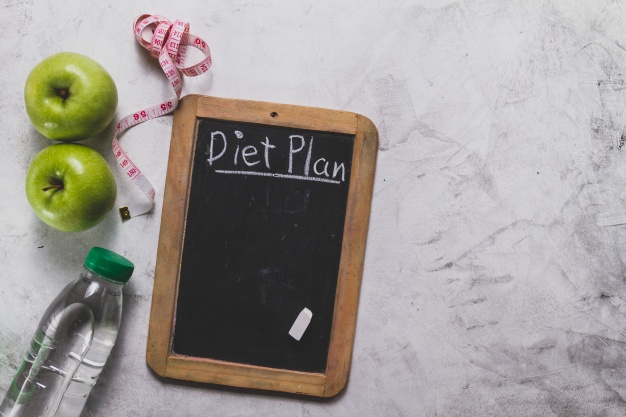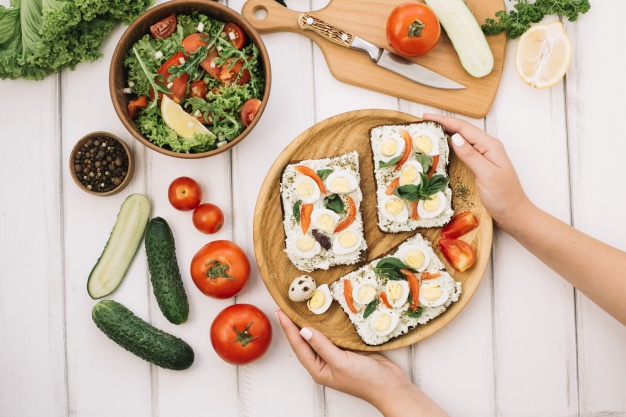It starts off as a light throb and gallops to an everlasting migraine. Whether it was something you drank or ate, many foods are held guilty for kicking off migraines. But while eliminating these foods can be the obvious solution, did you know that most migraines are triggered off by acidity? In other words, it’s not what you are eating and drinking but the propensity of certain foods that cause acidic reactions, leading to migraines. Here are some boxes to tick if you want the throbbing to stop.
DON’T START THE DAY WITH CAFFEINE
While many believe that it is caffeine that prevents the onset of a headache, it causes acidity, leading to a headache. Caffeine is also infamous for being a dehydrating agent, resulting in similar results.
DRINK WATER
The universal elixir of life, health and even weight loss is water. It drains the flood of pain that a migraine can be. And yet we simply don’t get enough in our daily lives. Drink at least 10-12 glasses of water a day to stave off de hydration and reduce the intensity of pain.
FOOD LABELS
Anything that contains Monosodium Glutamate (or MSG) can kick start a never-ending headache. MSG isn’t just present in Chinese or Asian cuisines. Read your food labels carefully. MSG has also been associated with other conditions like facial tightness, numbness and palpitations.
EAT FROM YOUR GUT
If you take care of your gut, you can control the onset of migraines because if you sort out your gut, you can reduce your acidity. Create an environment that is more alkaline to promote healthy intestinal flora. Probiotic drinks and foods work wonderfully to create this, of course, but you can also do your bit by…
…EATING ALKALINE FOODS Your entire green leafy family, other vegetables, and fruits, are all alkaline foods.
You can never go wrong with eating things that not only keep headaches at bay but also weight gain.
AVOID TOO MUCH SUGAR
Another famous migraine trigger is too much sugar. Cut down on spoonful during your daily tea (or teas). Sugar disguises itself in packaged foods sweet or savoury.
Look out for any added sugars substitute like High Fructose Corn Syrup or simply any compound ending in `ose’.


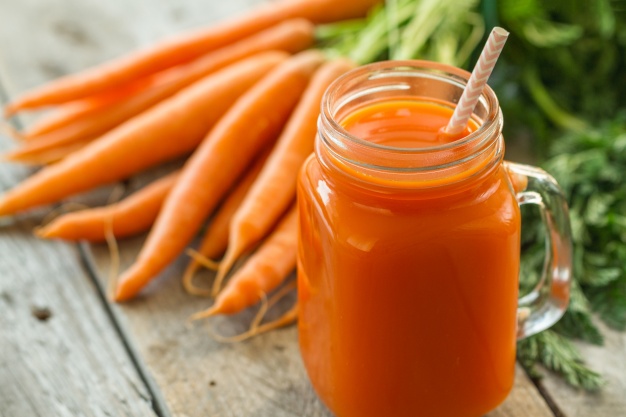
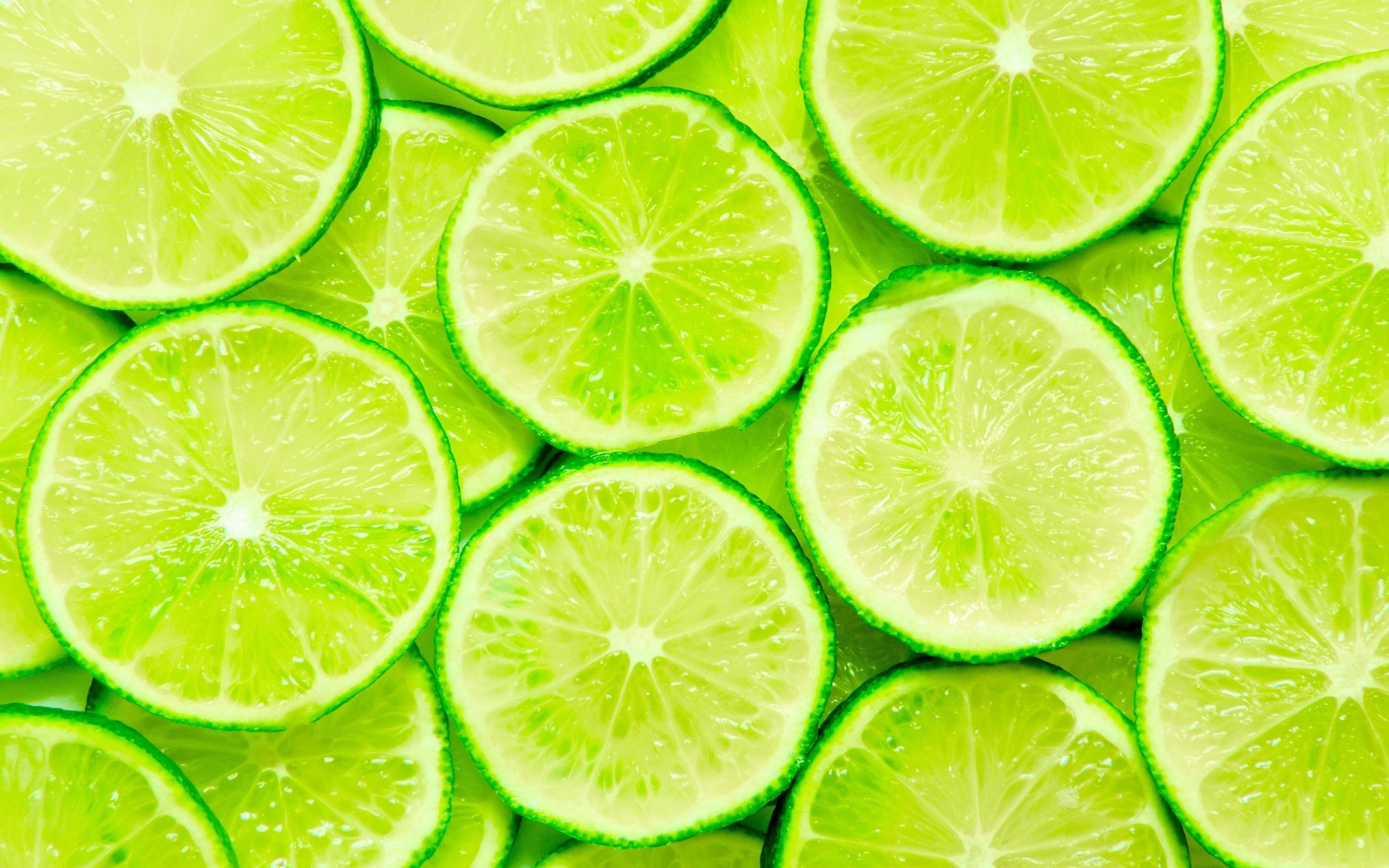
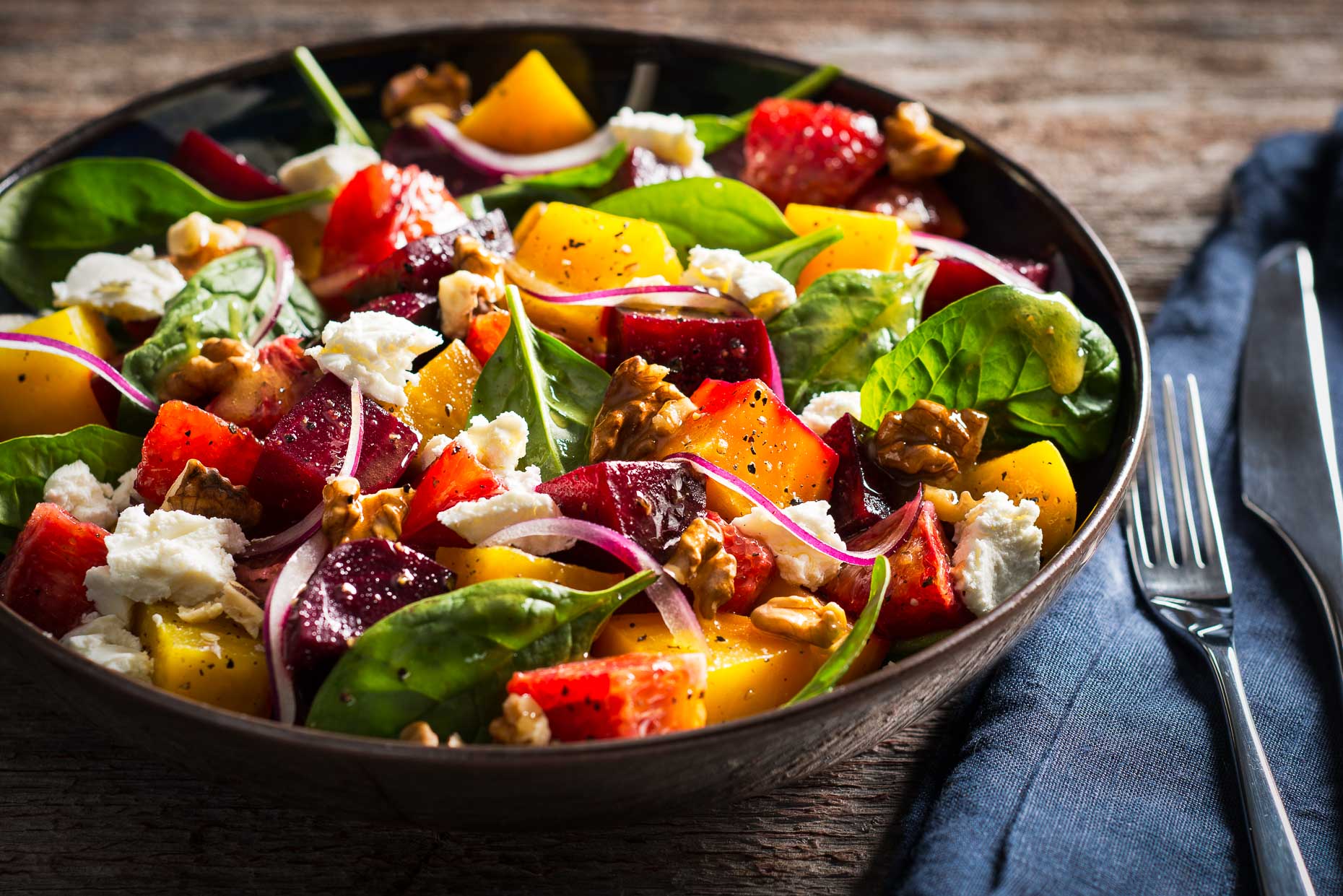
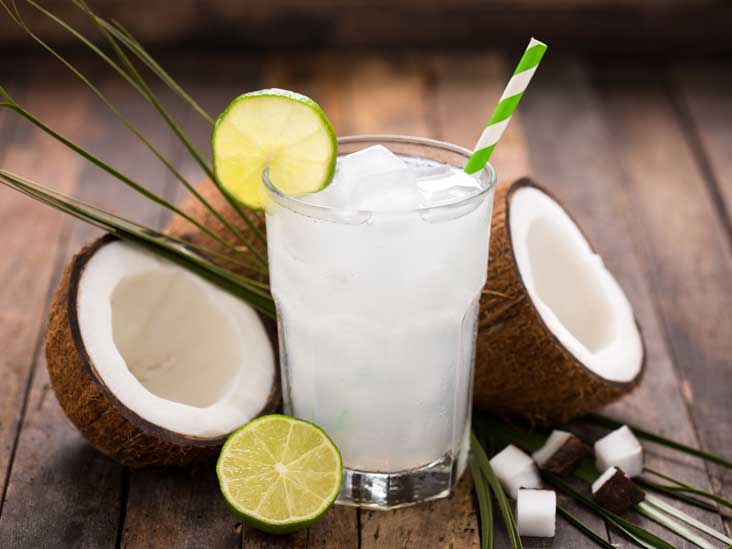
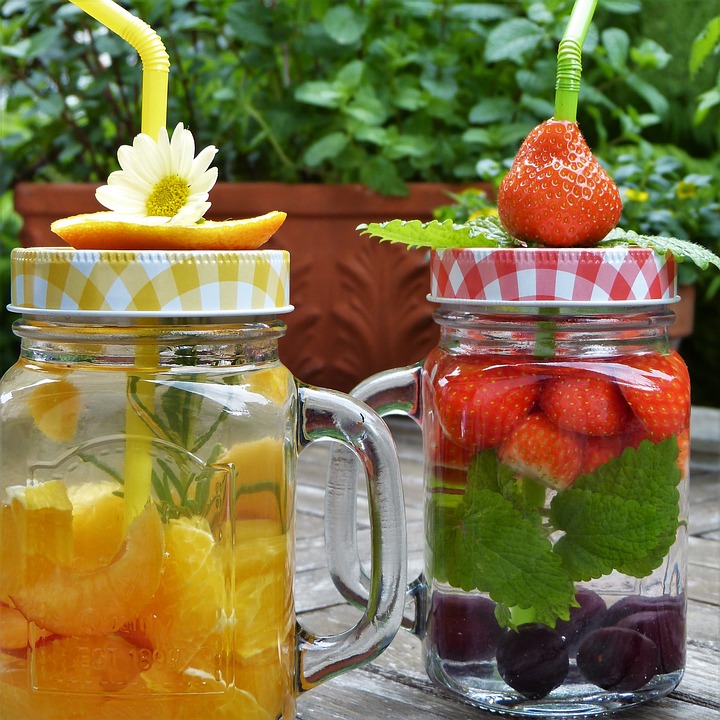
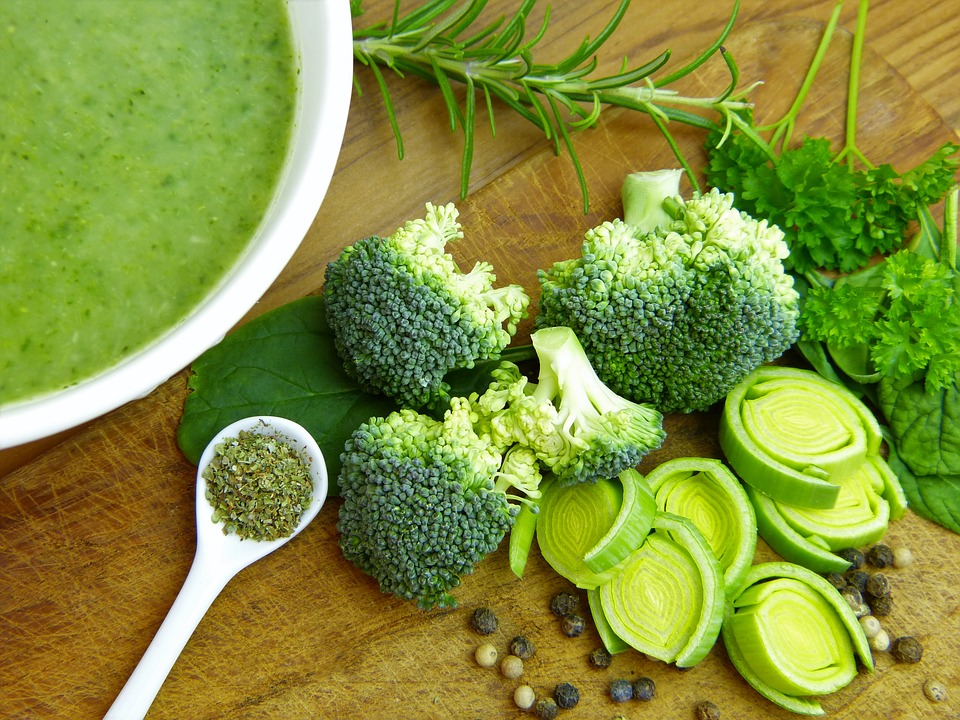 Give a nod to sautéed greens this season. These are light, can be made very appetising and always bring nice gifts with them like reduced cholesterol, cancer-fighting abilities, antiaging benefits, powerful vitamins and energy.
Give a nod to sautéed greens this season. These are light, can be made very appetising and always bring nice gifts with them like reduced cholesterol, cancer-fighting abilities, antiaging benefits, powerful vitamins and energy.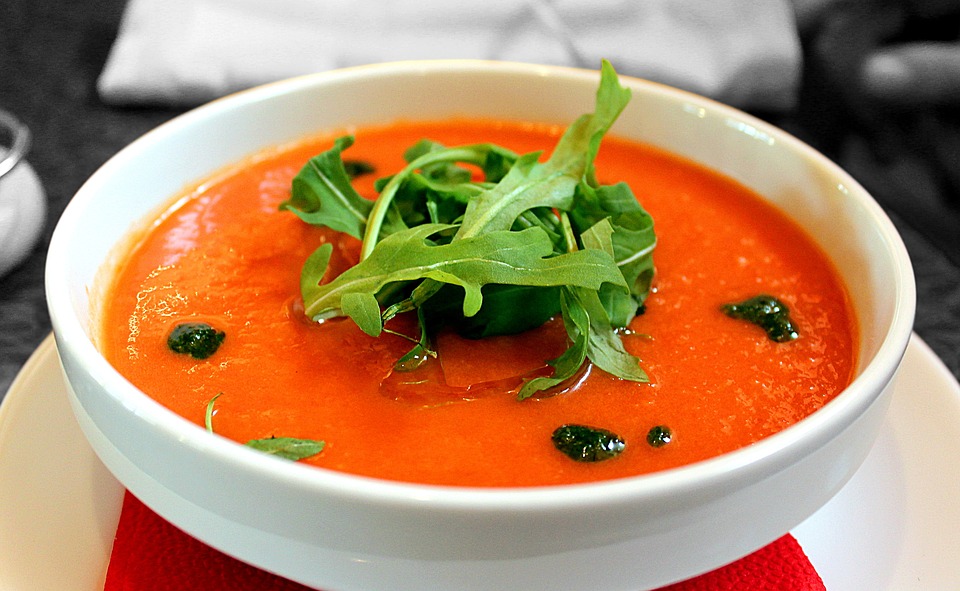
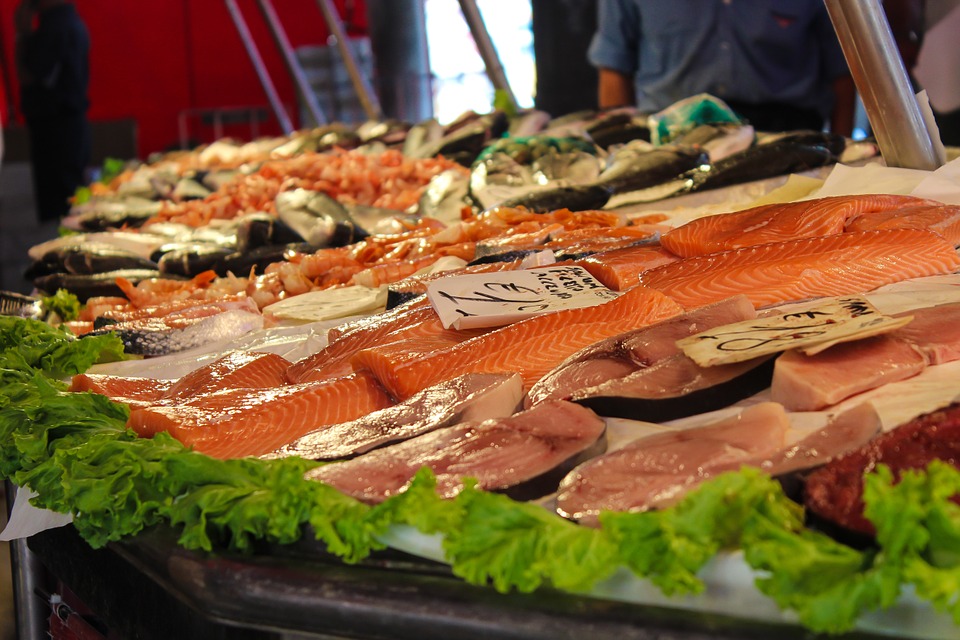 Proteins are harder to digest in general and coupled with heat and dehydration, they leave you feeling uncomfortable and nauseous. The recommended daily intake of protein is one gram per kilo of ideal body weight (the appropriate weight for your height). So, no matter what you currently weigh, if your
Proteins are harder to digest in general and coupled with heat and dehydration, they leave you feeling uncomfortable and nauseous. The recommended daily intake of protein is one gram per kilo of ideal body weight (the appropriate weight for your height). So, no matter what you currently weigh, if your 